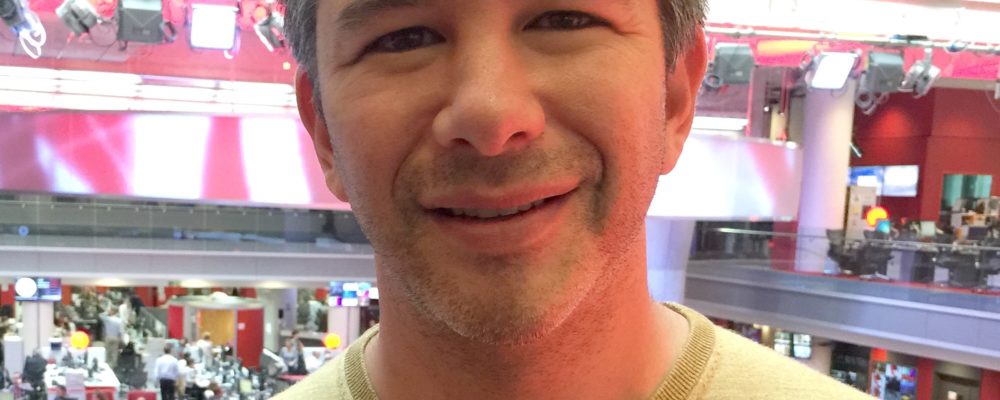Uber’s founder Travis Kalanick has issued a “profound apology” to colleagues and customers after dashcam footage of him in a furious row with one of his firm’s drivers ended up in the hands of business news site Bloomberg. Man at the wheel Fawzi Kamel’s bone of contention was the size of Uber’s fares, which he argued had been so heavily cut by head office that drivers like himself weren’t even making minimum wage.
In the wake of Kalanick’s angry response, it was hard to shake the image of a bullying boss coming down far too hard on a struggling worker. In his mea culpa, Kalanick wrote that criticism of his outburst “is a stark reminder that I must fundamentally change as a leader and grow up. This is the first time I’ve been willing to admit that I need leadership help and I intend to get it”.
It’s a surprisingly humble admission from a figure who’s always prided himself on his firm’s independent-mindedness. Indeed, Kalanick has shrugged off copious flak in the past, and has often defined himself by his readiness for a fight. Uber has seemingly accepted the prospect of clashes with national regulators as an occupational hazard of its disruptive business model. The firm has receiving piercing legal scrutiny in a host of countries, and last autumn won the right to a judicial review of new Transport for London rules on English-speaking requirements for cab drivers. Kalanick clearly has a taste for battle.
But are partisanship and pugnaciousness enough to cut it in the long term as a leader? Is a passionate founder perhaps too personally attached to the business to prevent streaks of impulsiveness from obscuring much-needed focus? Then, of course, there’s the whole issue of Uber’s rapid expansion in just eight years: perhaps a founder who has begun a firm as a small-scale operation is not the best person to command it on the world stage.
It’s one of the longest-running debates in leadership and management, and commentators seem pretty evenly split. This think-piece at The Atlantic contends that outsider, non-founder CEOs “are often overvalued because many corporate boards think the answer to their problems is a superstar CEO with an outsized reputation. This leads them to overpay for people who are good at creating outsized reputations through networking, interviewing, and taking credit for other peoples' achievements”. But in this one at Business Insider, Wharton professor of management Michael Useem says: “Running a larger enterprise requires a leadership skillset distinct from that required for a startup.”
However, for Kate Cooper – head of research, policy and standards at The Institute of Leadership & Management – Kalanick’s outburst highlights learning issues that affect managers of every stripe. “This is a great example of how we never really ‘arrive’ as leaders,” she says. “It just goes to show that leadership is a constant journey, not a destination. There’s a lot to say here about authenticity: Kalanick was certainly being authentic, inasmuch as he lost control of his emotions and became angry. But his apology is brilliant, because it shows humility and a recognition of how far-reaching his actions are: as a leader of a taxi firm, he has to treat taxi drivers with respect. And he didn’t do this, so he’s come out and said, ‘I really did that badly’. So hats off to him.”
Cooper adds: “He’s saying that he has to learn leadership, and it really depends on how quick a learner you are. But the starting point for that in any case is understanding that learning has to take place. You must always keep improving yourself as a leader, and I think Kalanick is committed to doing that.”
For further thoughts on maintaining authenticity, find out about the driving values of The Institute’s leadership framework
Image courtesy of cellanr / Wikimedia Commons

